#Leaf
Nissan Uses Strippers To Sex Up Limp Leaf Sales
Nissan plans a budget Leaf to be sold along the current version, Nissan’s Andy Palmer told the Financial Times. With the stripper model, Nissan hopes to extend the car’s reach beyond early adopters to “pragmatists.” Another problems remains unsolved: The car’s reach.
The Truth About Tesla's Charging Stations
Tesla has officially launched their long-awaited “Supercharging” network last night to a star-studded crowd in Southern California. (We assume it was star-studded since our invitation got lost in the mail.) The EV network promises to enable Model S and Model X owners to charge 150 miles of range in 30 minutes. What about your Roadster? Sorry, you aren’t invited to this charging party. Have a Tesla and a LEAF? You’ll have to be satisfied with separate but equal charging facilities as the Tesla proprietary charging connector restricts access to Tesla shoppers only. Is this class warfare or do we parallel the computer industry where connectors come and go with the seasons?
The Case Of The Missing Bars: Leaf Owners Stage Massive Test To Prove Premature Battery Aging
Earlier this year, Nissan Leaf owners in Arizona started to observe bars missing from the charge state display of their cars. Instead of the 12 bars that signal a full battery, some saw only 10 or less. This spread like the Arizona wildfires through the EV community. As of today, the discussion at the Mynissanleaf forum has swelled to 373 pages. Nissan looked at the affected cars, and so far has not rendered a verdict. Or maybe it did. 12 Leaf owners did assemble one night to prove Nissan wrong.
GE WattStations and LEAFs: We'll Fix It in Software.
As we reported back on July 17th, there were reports of Nissan LEAFs “bricking” themselves while connected to GE’s WattStation home charging stations. Over the last 10 days, I have been on a number of conference calls, spoken with a number of Leaf owners, electrical engineers and battery charging gurus. As it turns out, the problem was exactly as I had surmised: bad utility power damaged the LEAF. The only involvement the GE WattStation had, was that it was merely the connection between the LEAF’s on-board charger and the utility.
Nissan Feels The Heat For Degrading Leaf Batteries In Arizona, Owners Feel Unloved
While Arizona is battling its wildfires, Nissan is having its hands full dousing the flames of Leaf owners in the Grand Canyon state. There is a rash of reports about degrading batteries, and owners blame the scorching heat.
“When I first purchased the vehicle, I could drive to and from work on a single charge, approximately 90 miles round trip,” a Leaf owner, still an ardent fan of the car, told the Phoenix CBS affiliate. “Now I can drive approximately 44 miles on this without having to stop and charge.”
A TTAC reader reports:
Dead LEAFs and GE Chargers
The GE Wattstation killed my Leaf! That’s the story being reported by the New York Times as well as PlugInCars.com. As the tale goes, 11 Leaf owners have had their chargers “damaged” while charging with GE’s Wattstation home charging station. The relative significance of only 11 failures aside, the Nissan Dealer in San Pablo, CA confirmed to PlugInCars.com that Nissan North America has notified dealers of a potential problem with the Leaf and the GE home charging station. TTAC contacted Hilltop Nissan and they have yet to return our calls. Rather than just parroting back the usual news reports we dug deep. We contacted GE and Nissan, consulted some professional electrical engineers and read though hundred of pages of boring SAE documents. Click past the jump to learn more about EV charging than you ever wanted to know.
Your Tax Dollars At Stake: Battery Maker A123 Running Out Of Runway
The irrational electrification exuberance claims another victim: Battery maker A123 Systems Inc is running out of money. A lot of it is your money. Says Reuters:
Nissan Owners Plant Leaf Forests While They Drive
In Japan, drivers of Nissan’s all-electric Leaf plant trees while they drive. Nissan started a Zero Emission Fund. Carbon credits are paid into this fund by converting the CO2 emissions prevented by individual Leaf owners in Japan.
Vellum Venom: 2013 Nissan Leaf
History repeats itself. I repeat, History repeats…well, you see my point. Which was probably one of the reasons why my creations in Car Design College were universally panned as being “too retro”, among other things. It was a similar fate given to Lenny Kravitz, except he was very talented in his form of artistic expression. And while you can’t “sell” most design studios on the power of history, I present to you the latest Nash/AMC Rambler.
I mean Nissan Leaf. You’ll have to forgive me for seeing the similarity between the two, in spirit, historical context and on the Vellum.
Reverse The Charge: Car Powers House, Japan Style
In the days and weeks after March 11 2011, when a giant fist wiped out large swaths of Japan’s northeastern coast, and sent the power grid into a near-coma from which the Japanese patient has yet to recover, electric and hybrid vehicles were pressed into a new mission as emergency power supplies. People in the stricken areas used the batteries of their Toyota Estima hybrid minivan, or the much bigger battery of the Nissan Leaf, as a power source for cell phones and laptops when the regular power was out. Ever since, Japanese became infatuated with the idea of rigging a car to a house – to power the house, if needed. One year later, houses are ready to take charge from a car.
The Exorbitant Cost Of Savings: Don't Buy A Volt If You Value Your Money
Two years after the Volkswagen Golf was launched, it received a fuel sipping diesel in 1976. I presented the launch campaign in Wolfsburg, and the ground shook. It wasn’t because of my campaign. It was because of the body stamping presses. The offices of the Zentrale Absatzförderung, VW’s advertising department, were two floors above.
Review: A Week In A 2012 Nissan Leaf
Last May, the Nissan Leaf was the hottest thing on the green radar. Limited production and a long waiting list for the press meant that Nissan was lending out Leafs (Nissan tells us that is the correct way to pluralize a Leaf) 62-hours at a time. With my long commute and lengthy 120V charging times, this meant a review with only 217 miles under our belt (read our three-part review here: 1 2 3). Now that a few thousand Leafs have found homes in Northern California and I had practiced my “range anxiety” breathing techniques, I was eager to see if the ultimate green ride was also a decent car beyond the batteries.
World Economic Forum: In Davos, Women Sell Leafs While Others Go Naked
Patrolling the interwebs for TTAC-worthy content, we find a woman selling Nissan Leafs on the streets of Davos. Rachel Konrad, formerly spokesperson of Tesla, is now the Communications Director of the Renault-Nissan Alliance. Her boss Carlos Ghosn is a fixture at the World Economic Forum, which ends today in Davos. Rachel is using the fact that Davos has received more snow than in the 42 years before to praise the virtues of the Leaf in winter weather. At the same time, three topless women steal her thunder and get arrested.
The EV Market In Context: 15 Cars That Are Selling Worse Than The Nissan Leaf (And Chevy Volt)
While Stabenow Sparks, China Pulls Plug, Let's In Made-in-Japan Leaf
Two days ago, we told you that Senator Debbie Stabenow was barking up the wrong tree when she again fingered China for “attempting to pressure American automakers, including General Motors and Ford, to transfer core technologies of their electric and plug-in hybrid vehicles to Chinese companies, in order for those vehicles to qualify for China’s clean energy vehicle incentive program.” Both Ford and GM quickly and as diplomatically as possible said it isn’t so, simply because neither of them has any plans to build electric vehicles in China. Now it turns out that Stabenow was barking up the wrong forest: Nissan will export its Made in Japan Leaf to China. And the Chinese clean energy incentive program looks like a non-starter.




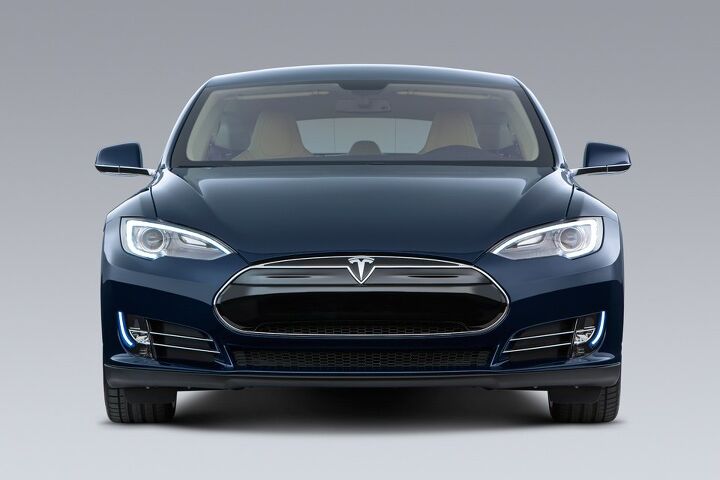




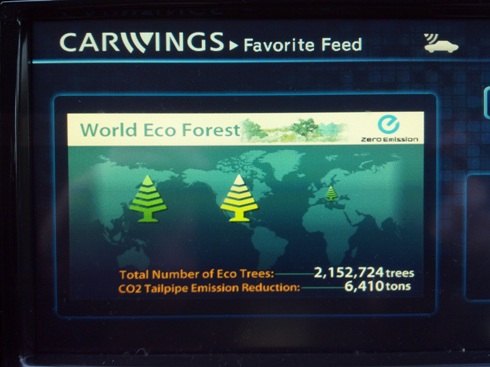
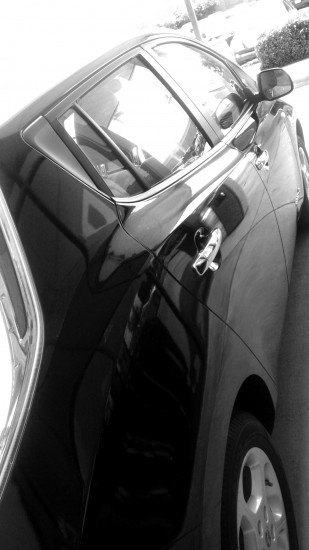
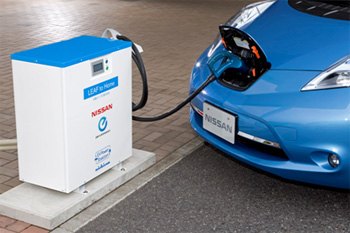
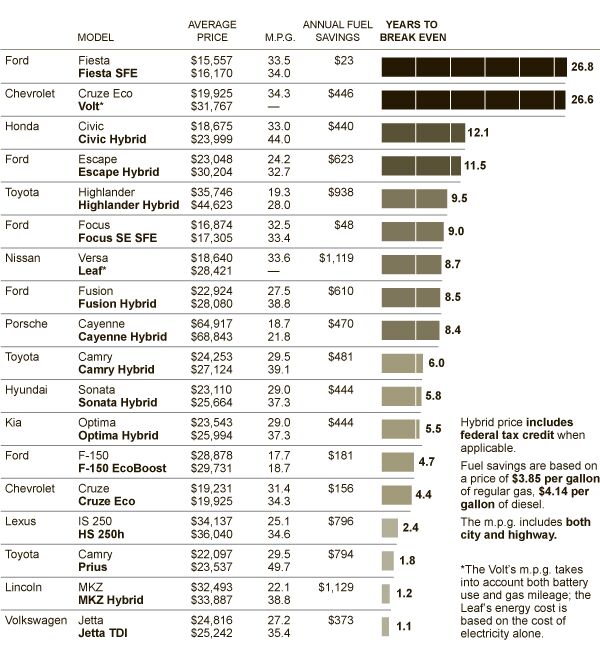


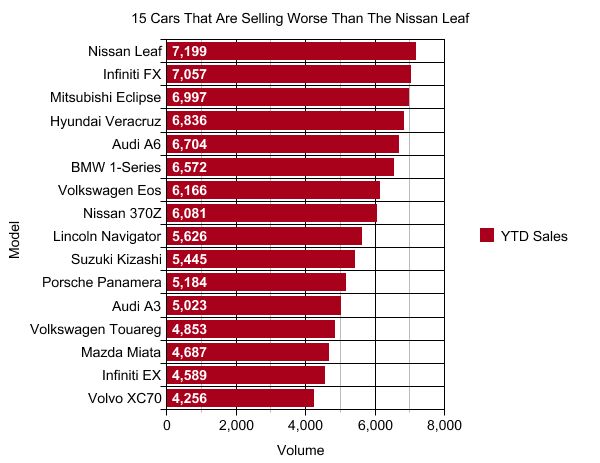












Recent Comments